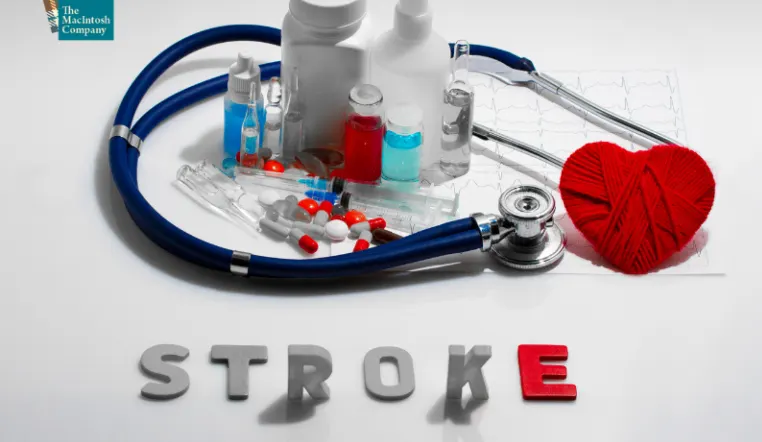Stroke is the fourth leading cause of death in the U.S. and one of the leading causes of long-term disability. Nearly 800,000 people suffer a stroke every year. Women, African Americans, and Hispanics are at higher risk for experiencing a stroke. One in three deaths in Hispanic women is the result of a stroke. However, experts say that almost 80% of strokes are preventable.
Preventative Tips
Begin by taking this Stroke IQ test developed by the American Heart Association. This test will help you separate the facts from the myths. There are also preventable risk factors that everyone should know.
Lifestyle choices and other diseases contribute to strokes. Knowing what those choices are and taking steps to manage them can help cut your risk.
- Alcohol plays a role in stroke prevention. Some studies have shown that one glass of wine each day can help reduce risk, but two or more increases your risk.
- Atherosclerosis is a leading cause of strokes. This disease is caused when fatty deposits build up in artery walls. High cholesterol, high blood pressure, and diabetes all contribute to it. Find ways to manage each.
- People with Atrial Fibrillation (Afib) are five times more likely to experience a stroke. This condition is caused when the upper two chambers of the heart beat in an unpredictable pattern. Many people don’t even realize they have Afib. Talk with your doctor for advice on how to determine if you have this condition that affects 2.5 million Americans.
- Inflammation caused by diseases such as Lupus and Rheumatoid Arthritis can increase the odds that you will experience a stroke. If you live with chronic diseases like these, talk with your physician to see how they can evaluate you for inflammation and help find ways to control your risk.
- Diet and exercise also play a role in managing your risk. Many conditions such as obesity, high blood pressure, and high cholesterol are caused by poor diet and lack of exercise. Reducing salt and sodium can help decrease risk.
- One of the lesser known health conditions that can lead to a stroke is sleep apnea. It occurs when people have pauses in their breathing while they are asleep. It causes oxygen levels to fall, which can lead to a stroke. The good news is sleep apnea is generally treatable and controlling it can decrease your risk.
- Finally, we come to smoking. It is one of the leading causes of stroke. Smokers have double the stroke risk of non-smokers. That is because smoking decreases the amount of oxygen in the blood, causing the heart to work harder and blood clots to form more easily.


